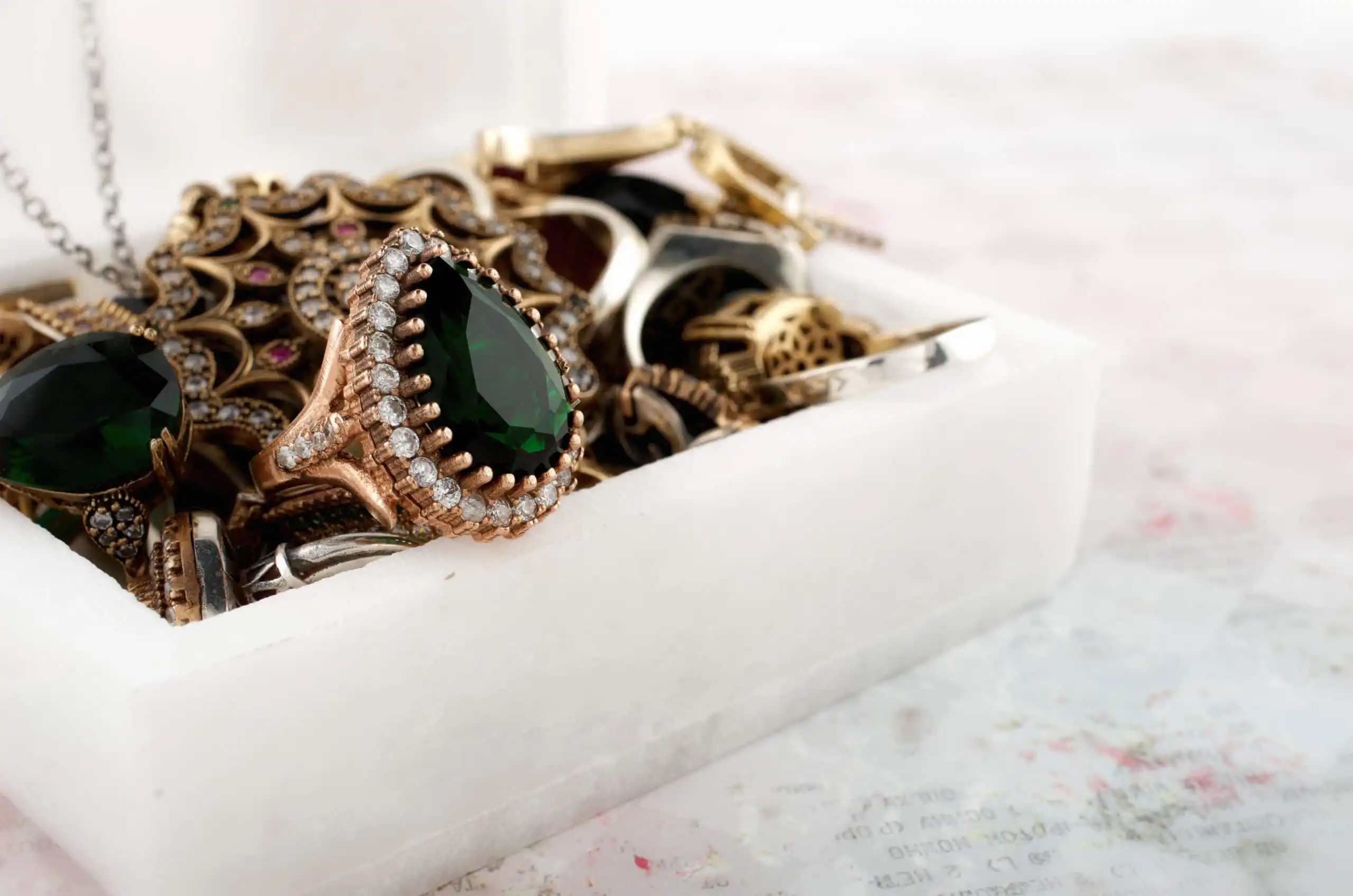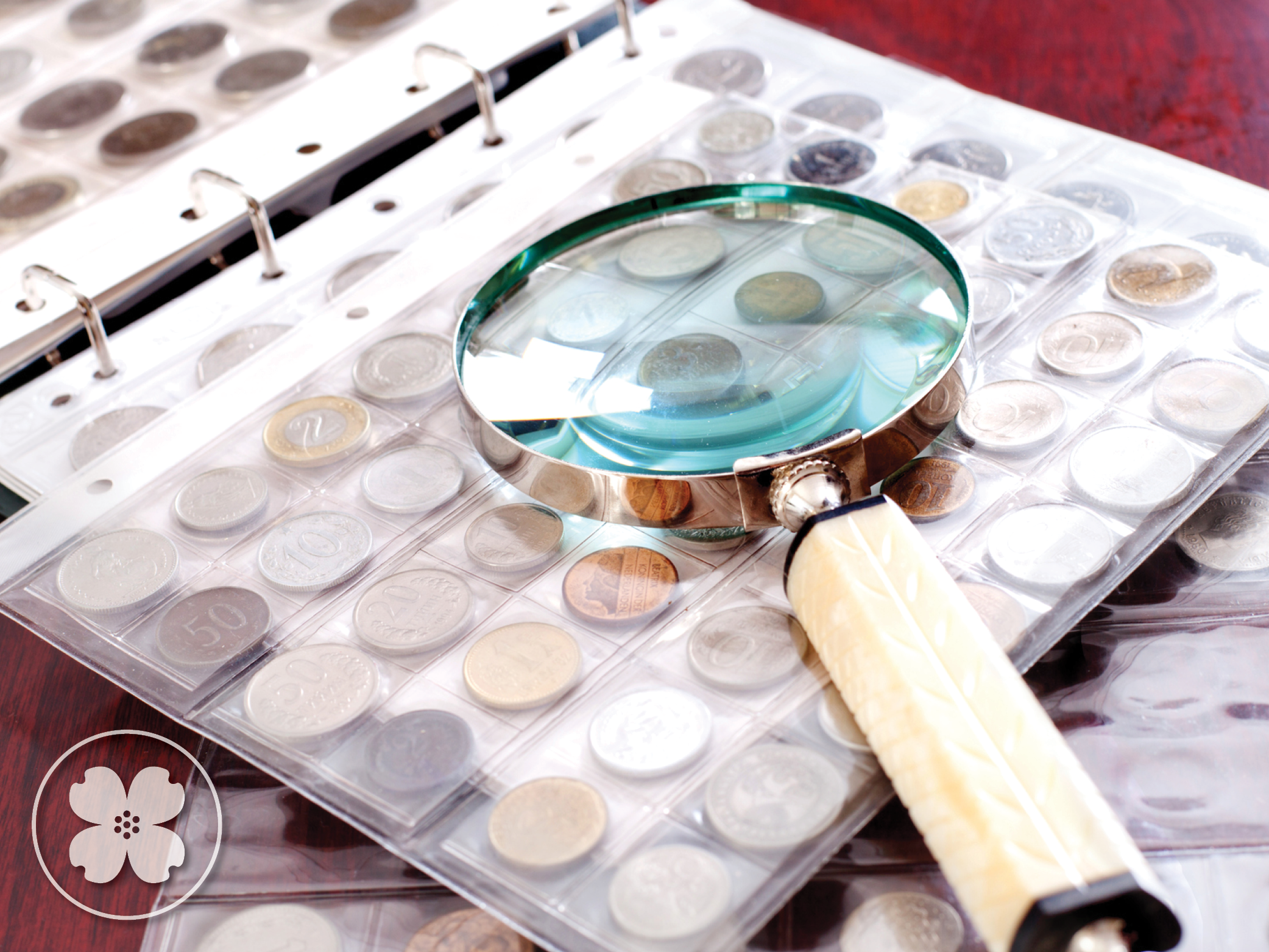For automotive enthusiasts, collectible vehicles often reflect a deep sense of history and personal legacy. From classic muscle cars to modern performance icons, thoughtful estate planning helps ensure these prized assets are protected, properly valued, and passed on according to your wishes.

I remember the day after my wedding going to my parents’ house to open the cards and gifts given the night before. Amongst the cards was a small box with no tags or notes, just a plain white box. Inside contained three pieces of old costume jewelry. I remember thinking to myself, “Who would give me such an odd gift?” The jewelry was not really worth anything nor was it exceptionally unique. It wasn’t until a few days later when I received an email from my older cousin that it made sense. The jewelry belonged to my grandmother who had passed away when I was four. My grandmother wore those items frequently and she treasured them. My cousin, who was much older, saved those pieces to give to me on my wedding day. Those “worthless” items became my favorite wedding gift.
I tell this story because the same often holds true when we are planning our estate. We spend many hours deciding who should inherit our wealth, what each person should get and how they should get it, but in the process we miss the opportunity to express the “why.” Why did you choose them? Why are they receiving this particular gift? What is the significance of the item they now possess? This also applies to monetary gifts. Where did the money come from? Was it inherited or was it from years of working? How would you like to see this inheritance used? The answers to these questions will bring meaning to the inheritance.
Trust and Estate documents are wonderful tools to make sure your wishes are carried
out when you can no longer carry them out yourself. However, they lack the emotional intention and the story behind the gift. This is why it is so important to have what some call a “Family Letter” that you can keep with the documents. This is not a legal form, it just states your intent and gives you an opportunity to answer the above questions.
If a beneficiary knew how much the gift meant to you during your lifetime or how hard you worked to make sure they were able to receive the gift, they would appreciate it more.
Suppose you gave me a dollar bill and told me nothing about it. It is likely that dollar would end up in a vending machine by lunch time. However, suppose you give me the same dollar and told me that this was the first dollar you earned and how you kept it framed above your desk for the past 40 years to remind you how far you have come. I too would treasure that dollar and keep it safe. It is the same dollar but with a history.
Many people are understandably very private when it comes to letting family know what they have. The flipside to this privacy is that children know nothing about what they might inherit. Therefore, they miss the true value of the gift. They miss the opportunity to feel about the gift the way you felt when you decided they should receive it. The “Family Letter” allows you to reveal everything that you would like them to know about the inheritance while maintaining privacy during your lifetime.
One of my favorite things to hear from a beneficiary is “I know how much this meant to mom and dad.” You know the beneficiary is going to take care of what they are given and perhaps even be able to share the legacy with their children.
If you have any questions about how to start the process of crafting a Family Letter, please contact your Relationship Manager. We are more than happy to help guide you. If we are serving as a trustee or successor trustee, we can keep the letters on file to give to your beneficiaries upon your passing. We have resources that can help direct you.
Everything you own has some intrinsic meaning to you. Big or small, take the time to pass the history and importance of the inheritance to the recipient.
The three items I received the day of my wedding now sit in the same box I received them in. Every now and then, I show them to my daughter and tell her the story that was told to me. I hope that on her wedding day, I can pass them on to her and she can be part of the history to be told to future generations.


